
10 Best Ethical Hacking Resources
Introduction: The Growing Importance of Ethical Hacking in Cybersecurity
In today’s increasingly interconnected digital landscape, the need for robust cybersecurity measures has never been more critical. As organizations face sophisticated cyber threats daily, ethical hackers—also known as white hat hackers or penetration testers—have become essential guardians of our digital infrastructure. These security professionals use the same techniques as malicious hackers but with explicit permission and for constructive purposes: identifying vulnerabilities before they can be exploited by threat actors.
The demand for ethical hacking skills continues to grow exponentially across industries. According to recent market analyses, the global penetration testing market is projected to reach $4.5 billion by 2026, growing at a compound annual growth rate (CAGR) of 23.3%. This surge reflects the increasing recognition of ethical hacking’s value in maintaining robust security postures against evolving cyber threats.
Whether you’re a cybersecurity professional looking to enhance your skills, a researcher exploring security vulnerabilities, or someone interested in beginning an ethical hacking career, having access to quality learning resources is essential. This comprehensive guide will explore the ten best ethical hacking resources available today, ranging from interactive platforms and comprehensive courses to specialized tools and community forums.
What Makes a Great Ethical Hacking Resource?
Before diving into our top recommendations, it’s important to understand what distinguishes truly valuable ethical hacking resources:
Technical accuracy and currency: Cybersecurity evolves rapidly, so resources must provide up-to-date information about the latest vulnerabilities, techniques, and countermeasures.
Hands-on learning opportunities: Practical experience is crucial in developing effective ethical hacking skills. The best resources offer interactive labs, challenges, and real-world scenarios.
Ethical foundations: Quality resources emphasize the ethical framework and legal boundaries within which security professionals must operate.
Community support: Access to forums, discussion groups, or mentorship opportunities enhances learning and professional development.
Progressive learning paths: Resources should accommodate different skill levels, from beginners to advanced practitioners.
With these criteria in mind, let’s explore the ten most valuable ethical hacking resources available today.
1. TryHackMe: Interactive Cybersecurity Training
TryHackMe has revolutionized how individuals learn ethical hacking through its gamified, hands-on approach to cybersecurity education. This platform offers browser-based virtual machines and structured learning paths that make it accessible for beginners while providing challenging content for experienced professionals.
Key Features:
- Interactive rooms: Self-contained learning environments focused on specific security concepts or vulnerabilities
- Guided learning paths: Structured progression from foundational to advanced security skills
- Capture The Flag (CTF) challenges: Competitive scenarios that simulate real-world security situations
- Active community: Forums and Discord server for collaboration and knowledge sharing
- Beginner-friendly: Clear explanations and step-by-step guidance for newcomers
TryHackMe’s subscription-based model offers both free and premium content, with premium subscriptions providing access to more advanced training modules. The platform’s approach emphasizes learning by doing, allowing users to practice techniques in isolated environments without legal or ethical concerns.
Visit: TryHackMe
Also Read about Best Software Reverse Engineering Tools
2. HackTheBox: Advanced Penetration Testing Labs
For those seeking more challenging ethical hacking experiences, HackTheBox provides a sophisticated platform with constantly updated machines and challenges. Geared toward intermediate to advanced security professionals, HackTheBox offers realistic environments that simulate complex enterprise systems.
Key Features:
- Extensive lab network: Over 100 vulnerable machines of varying difficulty
- Realistic scenarios: Systems modeled after real-world environments
- Pro Labs: Enterprise-grade networks simulating corporate infrastructure
- Competitive ranking system: Global leaderboard to track progress against peers
- Academy: Structured courses on specific security topics
HackTheBox requires users to demonstrate basic skills by “hacking” their way into the platform to register—an engaging filter that ensures participants have foundational knowledge. While more intimidating for absolute beginners, it provides an unparalleled playground for serious security professionals to hone their skills.
Visit: HackTheBox
3. Offensive Security’s OSCP Certification and Materials
The Offensive Security Certified Professional (OSCP) certification is widely regarded as the industry gold standard for ethical hackers. The associated training materials and labs provide comprehensive preparation not just for the certification exam but for real-world penetration testing scenarios.
Key Features:
- Penetration Testing with Kali Linux (PWK) course: Extensive documentation and video lessons
- Hands-on lab environment: 60+ vulnerable machines in a private network
- Practical exam format: Performance-based testing rather than multiple-choice questions
- Industry recognition: Highly respected certification among security professionals
- Methodology focus: Teaches a systematic approach to penetration testing
While more expensive than other resources, the OSCP certification process provides an immersive learning experience that thoroughly prepares individuals for professional penetration testing roles. The course emphasizes a “try harder” philosophy that builds resilience and problem-solving skills essential for security work.
Visit: Offensive Security
4. Portswigger Web Security Academy
Specializing in web application security, the Portswigger Web Security Academy offers comprehensive, free training on web vulnerabilities. Created by the developers of Burp Suite (an industry-standard web security testing tool), this platform provides authoritative content on exploiting and defending web applications.
Key Features:
- Interactive labs: Hands-on practice for each vulnerability type
- Detailed learning materials: In-depth explanations of web security concepts
- Structured progression: From fundamental to advanced web exploits
- Free access: Comprehensive content available without subscription
- Integration with Burp Suite: Practical experience with professional tools
The Web Security Academy covers OWASP Top 10 vulnerabilities and beyond, making it an essential resource for anyone focused on web application security. Its step-by-step approach helps learners understand not just how to exploit vulnerabilities but the underlying mechanics of why they exist.
Visit: Portswigger Web Security Academy
5. Metasploit Unleashed by Offensive Security
Metasploit Framework is one of the most widely used penetration testing tools, and Metasploit Unleashed provides comprehensive, free training on its effective use. This resource bridges the gap between understanding theoretical vulnerabilities and practically exploiting them in controlled environments.
Key Features:
- Comprehensive coverage: Detailed exploration of Metasploit capabilities
- Practical examples: Step-by-step walkthroughs of common exploitation scenarios
- Free availability: Open access to professional-quality training
- Systematic approach: Structured learning path from basics to advanced techniques
- Ethical context: Emphasis on responsible use of powerful exploitation tools
While focused specifically on Metasploit rather than ethical hacking broadly, mastery of this framework is considered essential for professional penetration testers. The course materials are particularly valuable for security professionals transitioning from theoretical knowledge to practical application.
Visit: Metasploit Unleashed
6. OWASP (Open Web Application Security Project)
Rather than a single resource, OWASP represents a community-driven collection of tools, documentation, and educational content focused on web application security. The OWASP Top 10 list of critical web application security risks serves as a fundamental reference in the industry.
Key Features:
- OWASP Top 10: Regularly updated list of critical web vulnerabilities
- Testing guides: Comprehensive methodologies for security assessment
- WebGoat: Interactive web application for hands-on vulnerability practice
- Juice Shop: Modern vulnerable web application for training
- Local chapters: In-person networking and learning opportunities worldwide
OWASP’s open-source approach means all materials are freely available, though the decentralized nature of the content can sometimes be challenging for beginners to navigate. Nevertheless, familiarity with OWASP resources is essential for anyone serious about web application security.
Visit: OWASP
7. Cybrary: Comprehensive Online Cybersecurity Courses
Cybrary offers an extensive library of cybersecurity courses, including numerous ethical hacking paths. Its platform combines video instruction, virtual labs, and practice tests to provide well-rounded training experiences for various skill levels.
Key Features:
- Diverse course catalog: Content covering numerous security specializations
- Career path guidance: Structured learning tracks aligned with job roles
- Certification preparation: Materials aligned with major security certifications
- Virtual labs: Hands-on practice environments
- Free and premium content: Basic access available without subscription
Cybrary’s breadth makes it particularly valuable for those exploring different cybersecurity specializations or preparing for certification exams. The platform’s mixture of free and premium content allows learners to sample materials before committing to paid subscriptions.
Visit: Cybrary
8. Kali Linux Documentation and Resources
As the most widely used penetration testing distribution, Kali Linux comes with extensive documentation and training resources. The official Kali documentation, combined with books like “Kali Linux Revealed,” provides a thorough introduction to the platform’s capabilities.
Key Features:
- Official documentation: Comprehensive guides to Kali tools and workflows
- “Kali Linux Revealed” ebook: Free, in-depth exploration of the distribution
- Tool documentation: Usage guides for the 600+ security tools included
- Regular updates: Content reflecting the latest distribution features
- Community forums: Discussion spaces for troubleshooting and techniques
Mastery of Kali Linux is considered fundamental for ethical hackers, making these resources essential for both beginners and experienced professionals. The distribution’s widespread use in the industry means time invested in learning Kali translates directly to practical job skills.
Visit: Kali Linux
9. The Hacker Playbook Series by Peter Kim
This series of books provides practical, scenario-based guidance for penetration testing in modern environments. Written by experienced penetration tester Peter Kim, these books bridge theory and practice by walking readers through complete penetration tests against different types of infrastructure.
Key Features:
- Practical scenarios: Real-world testing situations with detailed walkthroughs
- Tool integration: Guidance on combining multiple tools effectively
- Regular updates: New editions reflecting evolving security landscapes
- Accessible writing style: Clear explanations suitable for various skill levels
- Red team focus: Emphasis on adversarial techniques and thinking
The Hacker Playbook series is particularly valuable for understanding how individual techniques and tools fit into comprehensive penetration testing methodologies. While not free, these books represent high-value investments for serious security professionals.
Visit: The Hacker Playbook
10. DEF CON Conference Materials and Presentations
DEF CON, one of the world’s largest hacking conferences, makes recordings of its presentations freely available online. These talks cover cutting-edge security research, novel attack techniques, and innovative defensive strategies from leading professionals in the field.
Key Features:
- Cutting-edge content: Presentations on newest vulnerabilities and techniques
- Diverse topics: Coverage of hardware hacking, social engineering, policy, and more
- Expert presenters: Content from recognized security researchers
- Historical archive: Access to talks from previous years
- Conference villages: Specialized content from targeted interest groups
While less structured than formal courses, DEF CON materials provide insights into emerging threats and techniques that often aren’t covered in traditional learning resources. For advanced practitioners, these presentations are invaluable for staying current with security developments.
Visit: DEF CON Media Archive
Honorable Mentions: Additional Valuable Resources
Beyond our top ten, several other resources deserve recognition for their contributions to ethical hacking education:
- VulnHub: A repository of vulnerable virtual machines for practice
- Hack.me: Community-based vulnerable web application platform
- CTF Time: Calendar and rankings for capture the flag competitions
- Security Tube: Video tutorials on various security topics
- Hacker101: Free, open-source web security training
Ethical Considerations and Legal Boundaries
While exploring these resources, it’s crucial to maintain awareness of ethical and legal boundaries. Ethical hacking skills should only be applied:
- With explicit permission from system owners
- Within defined scope and parameters
- Following responsible disclosure practices for discovered vulnerabilities
- In compliance with relevant laws and regulations
Many resources emphasize these principles, but ultimate responsibility rests with practitioners to ensure their actions remain within appropriate boundaries. The distinction between ethical hacking and criminal activity lies not in the techniques used but in authorization, intent, and impact.
Building an Effective Learning Path
With so many resources available, developing a structured approach to learning ethical hacking can be challenging. Consider these strategies for maximum effectiveness:
- Start with fundamentals: Build strong networking, operating system, and programming knowledge
- Combine theory and practice: Balance conceptual learning with hands-on exercises
- Focus on methodology: Learn systematic approaches rather than just individual exploits
- Participate in communities: Engage with forums and discussion groups to learn from others
- Document your learning: Maintain notes and documentation of techniques and findings
- Pursue relevant certifications: Validate skills through recognized credentials
Different resources will be appropriate at different stages of your learning journey. Beginners might start with TryHackMe and Cybrary before progressing to more advanced platforms like HackTheBox or pursuing OSCP certification.
Conclusion: Continuous Learning in a Dynamic Field
Ethical hacking is a field defined by constant evolution. New vulnerabilities, attack techniques, and defensive measures emerge regularly, requiring practitioners to commit to continuous learning. The resources highlighted in this guide provide strong foundations and pathways for ongoing development.
Whether you’re just beginning your cybersecurity journey or looking to sharpen advanced skills, these ethical hacking resources offer valuable knowledge, practical experience, and community connections. By combining multiple resources and applying their lessons in practice environments, you can develop the comprehensive skillset needed to succeed in this challenging and rewarding field.
Remember that the most effective ethical hackers combine technical proficiency with creativity, persistence, and strong ethical foundations. As you explore these resources, focus not just on learning techniques but on developing the problem-solving mindset that distinguishes truly exceptional security professionals.
Disclaimer: The information provided in this article is for educational purposes only. Always ensure you have appropriate authorization before testing any system or network for vulnerabilities. The author and publisher are not responsible for any misuse of the information provided.
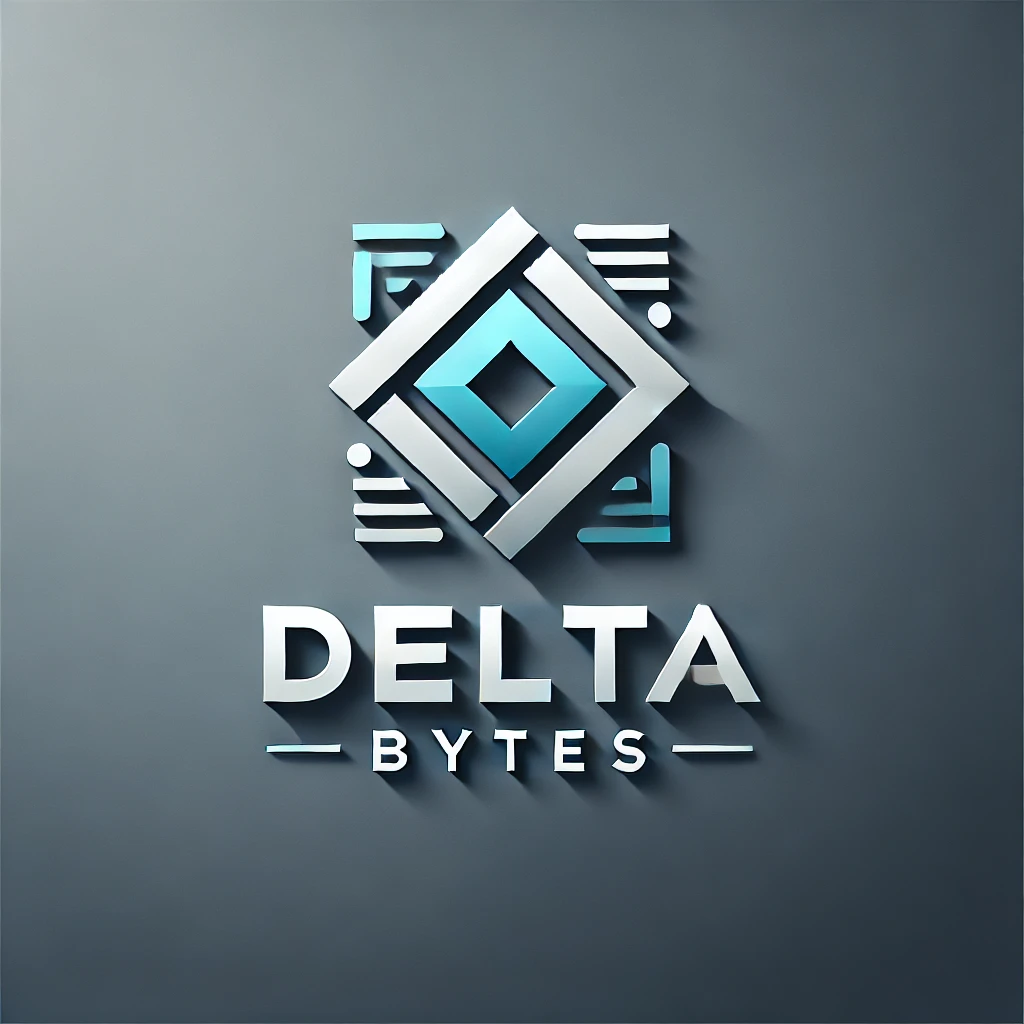


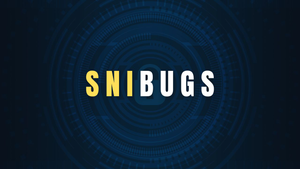



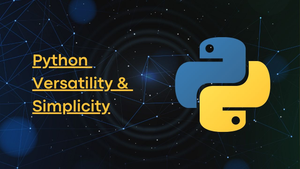


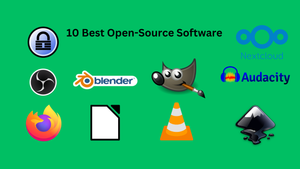
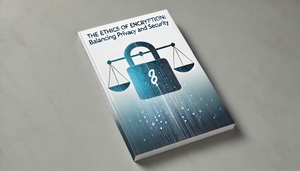


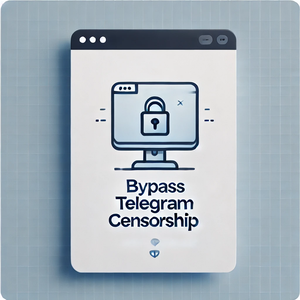
Comments